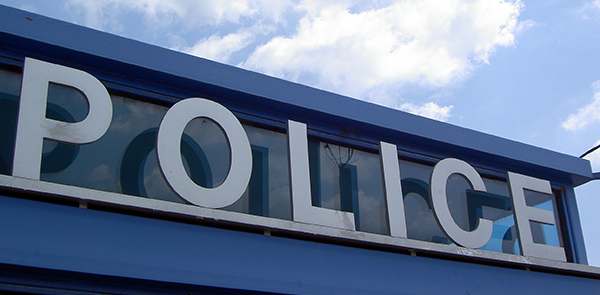
This op-ed article first appeared in the Seattle Times.
WHEN the long-awaited agreement between the Department of Justice and city of Seattle was announced, The Seattle Times quite correctly reported that the ACLU and other community organizations greeted the news with "guarded optimism."
After so much anticipation and anxiety, why not a full-scale celebration? Why just optimism tempered by caution?
In part, it's a matter of history. The Seattle Police Department's problems with excessive use of force, especially against people of color, are longstanding. They have endured despite the pronouncements of city leaders and blue-ribbon panels. We are optimistic because now there is an agreement on a road map for reform to address the misuse of force, racially biased policing, and flaws in the oversight system. In coming to this agreement, the DOJ and the city have avoided a costly, divisive and drawn-out lawsuit.
We are optimistic because the proposed consent decree requires a court-appointed independent monitor to oversee improvements. It directs the monitor to work closely with leaders from the most affected communities to develop policies and safeguards. Unlike previous Seattle police-reform proposals, this one will be enforced by the federal court and will include regular public progress reports. We have seen that in other large cities, including Los Angeles and Cincinnati, reforms mandated by the DOJ and enforced by the courts have made tangible improvements in policing.
But we are cautious because the process of reform is just at a beginning point. Much hard work remains ahead, both to implement concrete reforms and to ensure they will be sustained. We want to see that the consent decree is more than just words on paper.
We are cautious because we remember how we got here. The DOJ announced its investigation in response to a December 2010 letter written by the ACLU and cosigned by 34 civil-rights and community-based groups. It called for federal involvement "because disturbing incidents of excessive force inflicted on residents of Seattle, and especially on persons of color, have continued despite actions and statements from the Police Department and city leadership."
Throughout the DOJ investigation and closed-door negotiations with the mayor, these organizations remained forceful advocates for change. In numerous meetings and public statements, the ACLU and our allies on the Minority Executive Directors Coalition Multi-Racial Task Force on Police Accountability prodded officials to embrace changes. We reminded them that failing to deal effectively with excessive force and biased policing undermined the community trust that is so essential to the police force's mission of protecting public safety.
After years of blue-ribbon reports and recommendations, we want to see real reform. A key factor will be the selection of an effective monitor — the person who will have the responsibility for ensuring that reforms are carried out. This person needs to be a tough-minded individual prepared to set the tone and play an active role. Ideally, the monitor should be someone independent from any Seattle agency or organization, and with experience in overseeing court-ordered settlements.
Meaningful reform will require continued involvement by the community groups that initiated this process. They represent communities that will be directly impacted by any changes in policing.
One avenue for involvement may be the Community Police Commission that is part of the settlement agreement. This commission must not end up as simply window dressing. It must be composed of people with expertise in police accountability and police interactions with the most affected communities. It cannot be merely a collection of well-intended individuals selected to represent various constituencies. And the monitor and city leaders must listen to its guidance and recommendations and reasonably put them into practice.
We will know that Seattle is on the road to effective police reform when we see:
• Development of clear policies and protocols about constitutional use of force and prohibiting racially biased policing;
• Training of officers to understand these policies and protocols;
• Ongoing reinforcement by line supervisors;
• Leaders at the top who hold themselves and officers accountable for following through on change.
Seattle has a historic opportunity to ensure all its residents receive equal and fair treatment by its police force. It is in the interest of the police and citizenry alike that we seize this opportunity.




